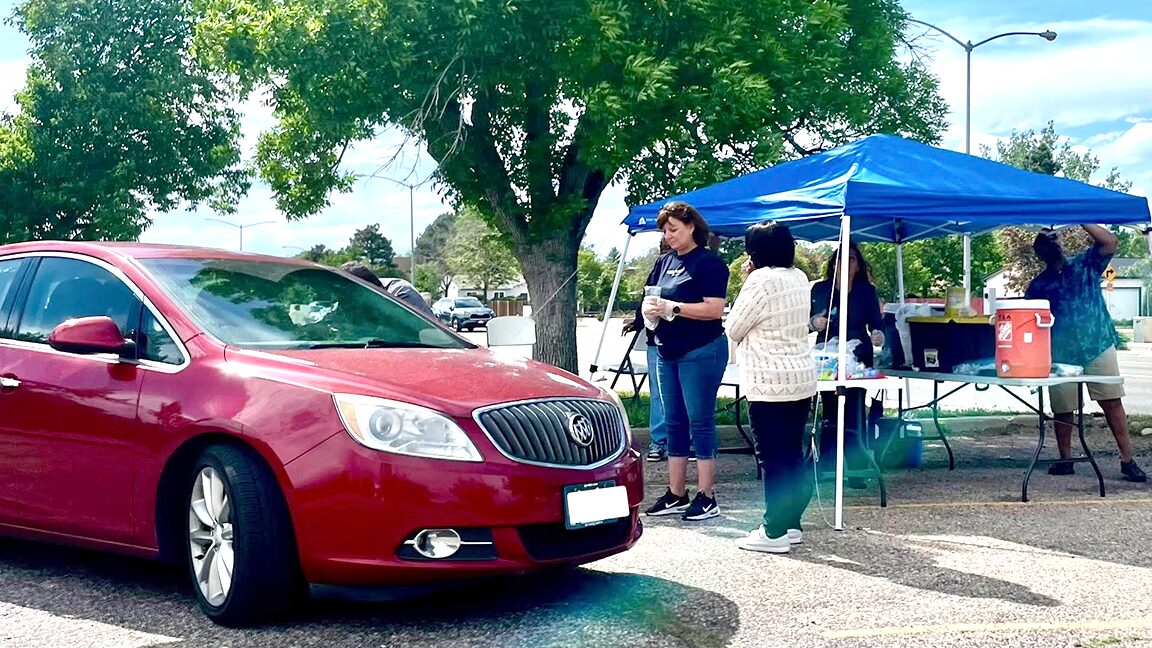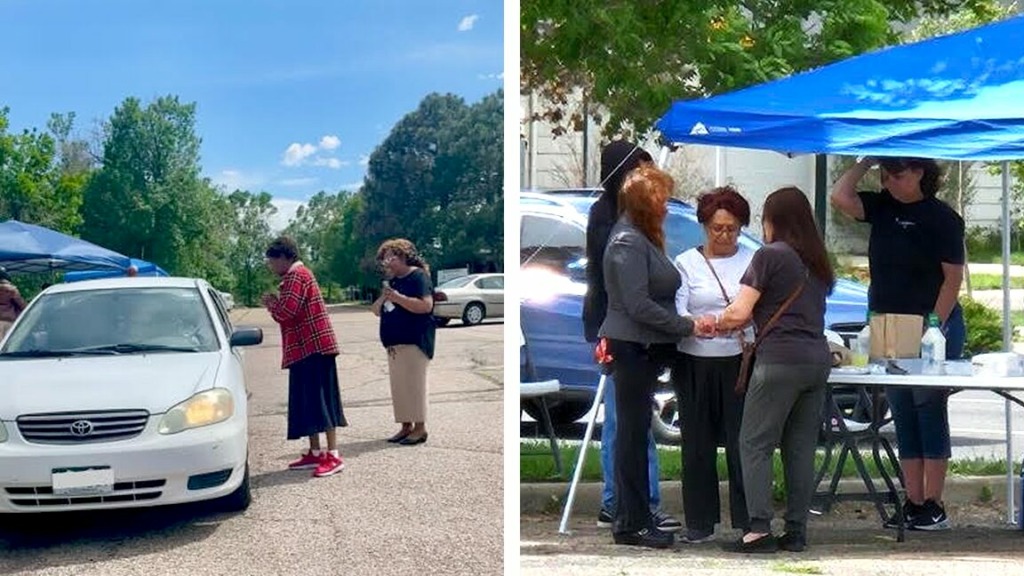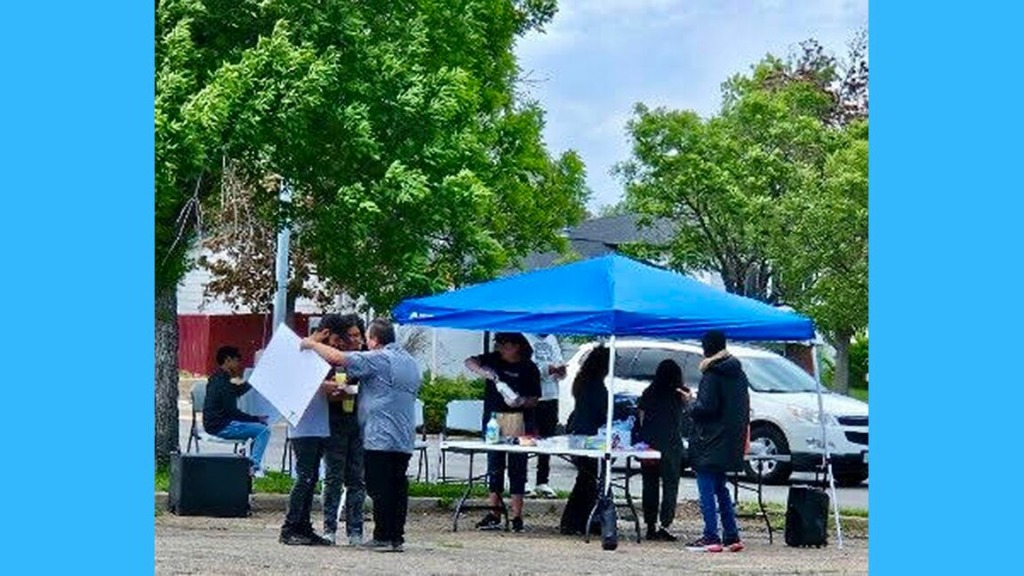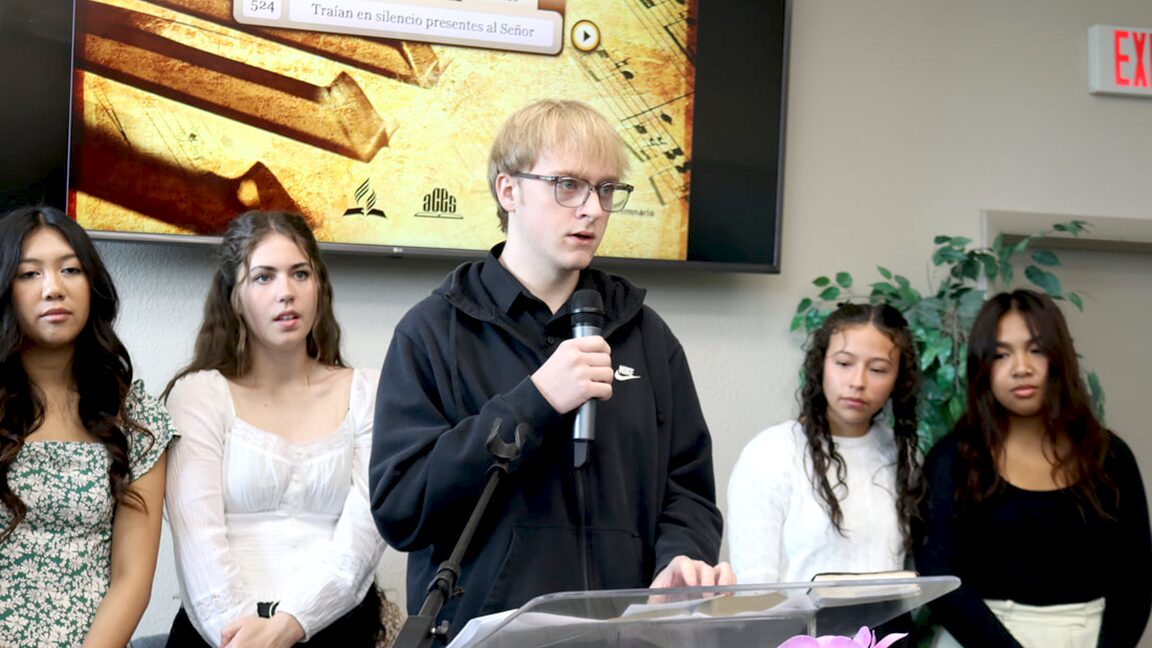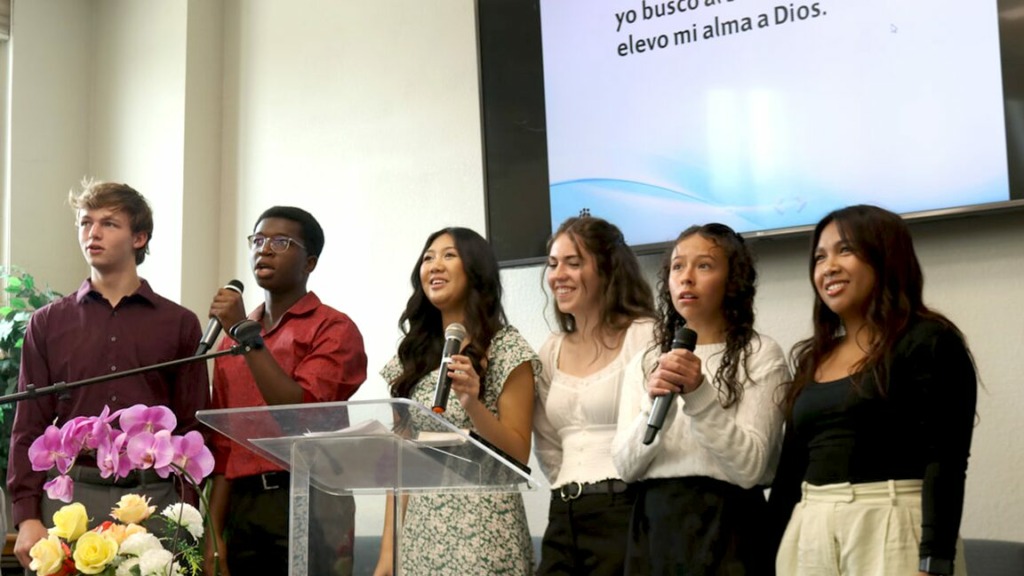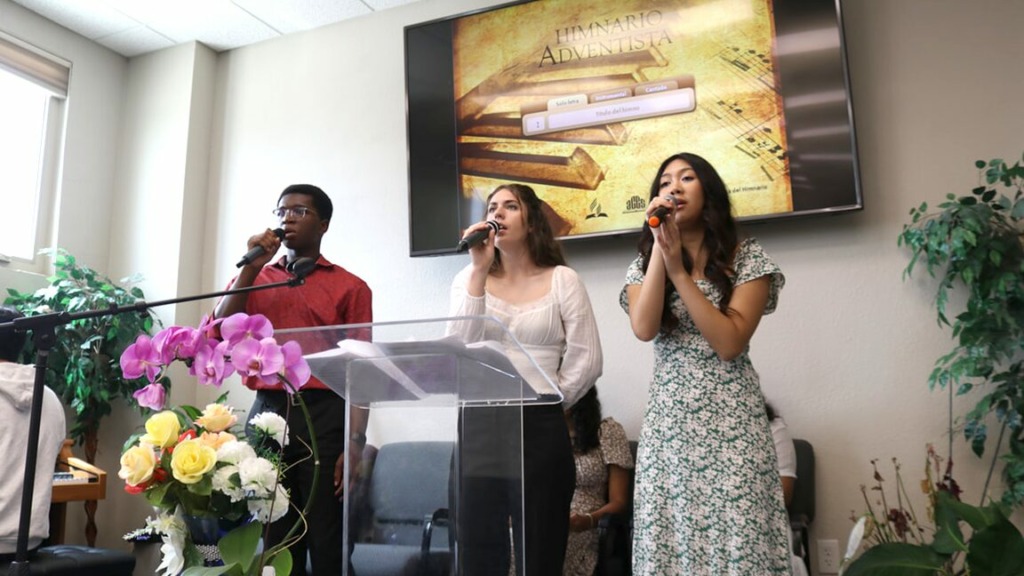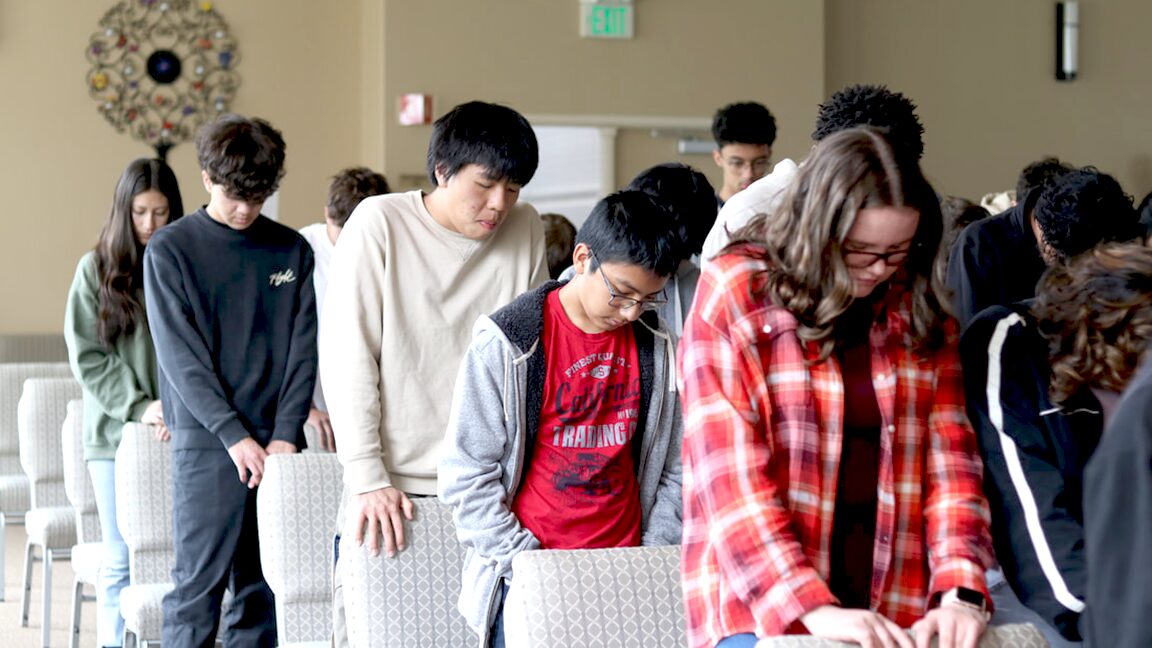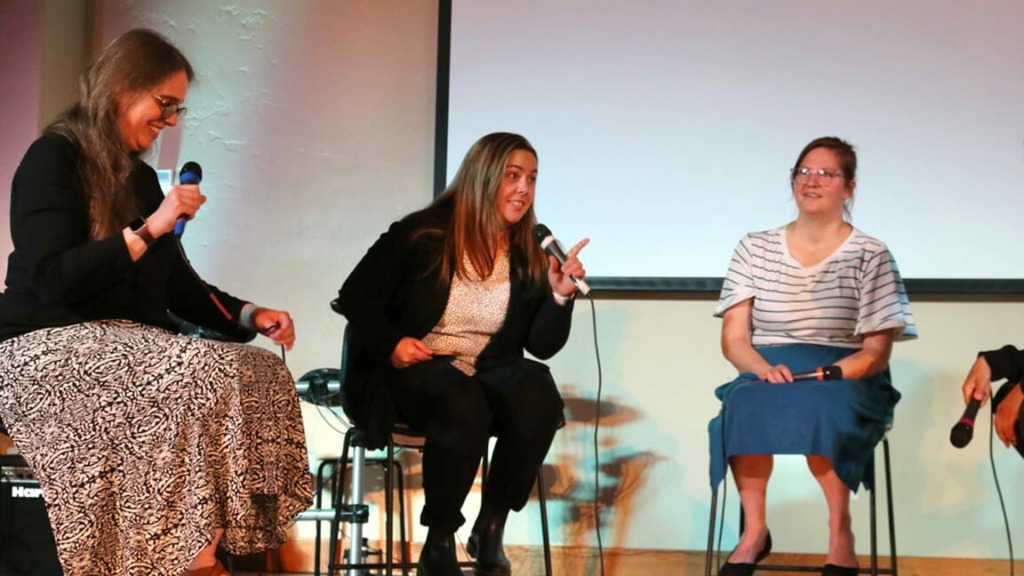By Godfrey Miranda
At that moment the Lord turned and looked at Peter. Suddenly, the Lord’s words flashed through Peter’s mind: “Before the rooster crows tomorrow morning, you will deny three times that you even know me.”
– Luke 22:61, NLT
An old friend called me out of the blue. The last time I had seen or heard from him, he was on fire for the Lord and growing daily in His relationship with God. But this time over the phone, my friend’s voice trembled with sorrow and disbelief about how he had gone back to his former addictions and whether God would or could forgive him.
Have you ever been there? One moment standing firmly on the Lord’s side only to later find yourself feeling far from Him and your commitment to Him? Peter had been there.
It’s one of those stories from the Passion Week that makes my heart sink most—the ardent disciple denying his Lord thrice before the rooster crowed twice. Maybe we cringe at it in unbelief—how could Peter do that? Or maybe we feel convicted, realizing that his flip-flopped affection mirrors the unsteady quality of our own. Whatever the case, Peter’s story is not only a story of hurt but also a story of hope.
Hope Outside of Ourselves
In a matter of hours, the pendulum of Peter’s loyalty swung from self-confident assertion in Mark 14:31: If I have to die with You, I will not deny You! to self-preserving curses in Mk. 14:71: Then he began to curse and swear, ‘I do not know the Man.’
Jesus had prayed for Peter in the midst of the spiritual battle waging over his heart. And in spite of the gentle forewarning given him, all Peter’s adamant claims to faithfulness didn’t hold true when the rooster crowed for a second time. He found out the hard way that pride really does precede destruction (Proverbs 16:18).
Where’s the hope in this? It’s definitely not within ourselves. Peter’s folly highlights the importance of self-distrust. His story urges us to recognize the red flags of indulging a reliance upon self that first becomes defensive and then unresponsive to God’s Word, only to end up falling from our self-proclaimed commitment to Christ. This part of Peter’s story reminds us to anchor our hope outside of ourselves.
Hope In the Empty Tomb
If we stopped there, we’d only get half the story. The Gospel of John records another story, another pendulum swing of affection in the heart of Peter. In John 21, we read of the despondent disciple going back to some familiar things—a familiar activity of fishing, a familiar setting on the Sea of Galilee, even a familiar feeling of failure having fished all night and caught nothing. But in the midst of his failed efforts, Jesus comes, and Jesus provides.
As the disciples share breakfast with their resurrected Lord, the conversation gets pointed. Three times over, Jesus directly asks Peter, “Do you love Me?” And each time, Peter didn’t let the certainty of his response be based on what he felt at the time but on what Jesus knew to be true—”You know that I love you” (cf. John 21:15-17). Peter had grasped that his heart is “deceitful above all things” (Jerimiah 17:9) and had learned not to lean on his own understanding (Proverbs 3:5).
But how? What moved Peter from self-preserving denial to self-denying love? The cross of Christ and the empty tomb. A vision of the Lamb whose sacrificial death reconciles us to God and of the King whose resurrected life saves us to the uttermost (Romans 5:10; cf. Hebrews 7:25). A vision of the God who knows all our failures, bears all our sins … and comes to our shore anyway.
Apparently, the mess we make of our lives does not deter Jesus from us.
As my friend continued to pour out his heart over the phone, we paused and asked God to give us promises in His Word to lean on, words of life that would speak louder than the guilt and shame my friend was bound by. Among other passages, we read the promise of Micah 7:18-19 together:
Who is a God like You,
Pardoning iniquity
And passing over the transgression of the remnant of His heritage?
He does not retain His anger forever,
Because He delights in mercy.
He will again have compassion on us,
And will subdue our iniquities.
You will cast all our sins
Into the depths of the sea.
Because the One who hung on Calvary’s cross is also the One who left an empty tomb behind, we can be assured that this Jesus pardons iniquity, passes over our transgressions, and actually delights in extending this kind of unfathomable mercy! He comes to our shore to have compassion on us again and again, and the power of His infinite love actually subdues our iniquities, tramples them underfoot, secures victory and deliverance.
No matter where we find ourselves in Peter’s story, we can look to the Resurrected Christ and know how the story ends. Sin is subdued, death is defeated. The God who delights in mercy casts all our sins into the depths of the sea. May we each continue to find hope outside ourselves and place our faith in the One who died and rose again!
—Godfrey Miranda is lead pastor at the Littleton Seventh-day Adventist Church. Republished with permission from Littleton Adventist Church Pastor’s Blog. Photo by Ben White with Unsplash.

















